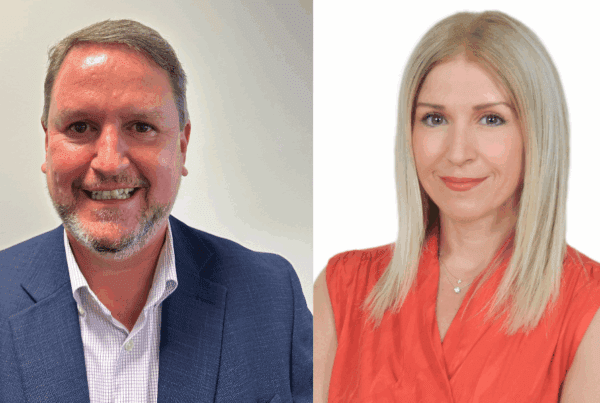Insurance heads share snapshots of mistakes that have resonated with them

“I think you learn more from failure than you do from success.”
Addressing the risk managers – the “responsible landlords” of the industry – in the room, Blanc noted that effectively evaluating where something went wrong, and extrapolating from that to prevent it happening again is a critical discipline. Sharing an example of a mistake, the lessons of which continue to resonate with her, she pinpointed her decision to join the board of the Welsh Rugby Union.
At the time, she said, she thought the volunteering role was a great opportunity to give something back to Wales and strongly felt that she would be in a position to change the culture of the business from the inside. The organisation has a long-standing reputation for being “difficult” and her mistake was imagining she could change the entrenched culture of an organisation which is 100s of years old.
“The mistake was thinking you could change [an organisation] where the culture is so ingrained, and where one person cannot affect that change, and in not doing your homework before thinking about that culture,” she said. “I think that for me, that was a really key lesson. And actually, when I took this job, at Aviva, I said at that point, I would only lead an organisation where I could basically dictate the tone of what the culture was going to be.
“Because I was not going to work for or with organisations anymore, where I would have to compromise on my values, my integrity. So, for me that has been a key learning point. And I think as you go forward, as you get opportunities to work with lots of organisations and speak with lots of people and do lots of really cool things – something you have to always think is, ‘do I really want to do that?’”
Fail to prepare, prepare to fail
There’s no doubt that failure can change your outlook completely, Lay added. He shared an example of a mistake he made in not being prepared enough for a key opportunity his business was pursuing. The mistake was in being too complacent, he said, and in not making the adequate preparations to ensure success. Preparing, and planning for any outcome or eventuality is the key to being well-placed to avail of any opportunity – but he underscored how important it is for younger talent to recognise that this comes with time.
“I have to say to colleagues, ‘I wasn’t born into this job’,” he said. “When I first started working, everything was alien and I imagined I couldn’t do any of it. In fact, my aspirations at that point were fairly low. But it’s one step at a time, and you come to realise that. There was a Fortune 100 CEO who said to me that when he got into his role, he suddenly got immense stage fright.
“He thought he couldn’t actually come out and do investor presentations and other stakeholder presentations, and that he’d actually have to give up his job. Because the position he had was so rarefied that it consumed him, that thought that ‘I’m not actually supposed to be here. I think it’s a lesson for us all. And… in our industry, in risk, we need the most diverse inputs from everyone in our early careers. The rising talent we have in the industry has a very different lens on the topics that we’re grappling with today, which is really important for us to bring to the table.”
Feedback – the breakfast of champions
Blanc reaffirmed Lay’s insights into the perception gap that can exist between how insurance industry executives are perceived when it comes to their delivery of high-pressure technical presentations. The reality is that investor and analyst presentations require a significant amount of practice and preparation, she said, and executives have delivered those presentations 100s of times before they’re called upon to do so for real.
“I think people think you get into this sort of role, and you don’t practice, and you don’t think about all the different angles that a question could come from,” she said. “And that you don’t get massively criticised by your own team to say, ‘Oh, you didn’t answer that very well or you should have done that.
“It is a constant learning experience. One of my old bosses used to say that feedback is the breakfast of champions, and I would totally agree with that… If you are prepared to take feedback, you will get better. And the better you get, the more confident you get. But you don’t just go out and do an investor presentation. You don’t. It takes a huge amount of practice. As anybody who has ever done it will know, it’s terrifying and time-consuming and very frustrating. But it works in the end.”
Related Stories
Keep up with the latest news and events
Join our mailing list, it’s free!

This page requires JavaScript



